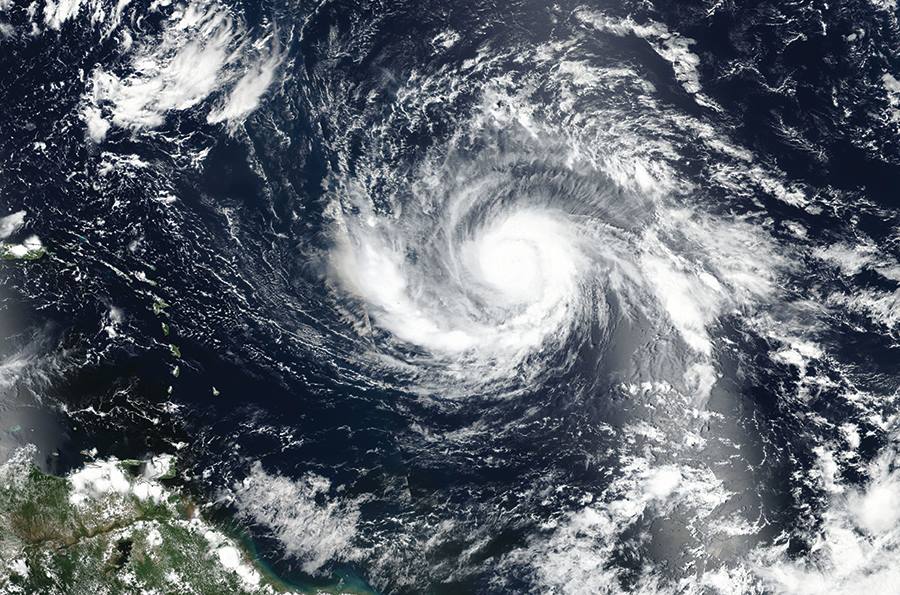Why BellLetsTalk is important to sports

author: konstantin kharitonov | sports editor

Hamonic doing what he can for those who share his situation/Wikipedia Commons
Mental Health is a topic that should always be a focus in sports
When the Calgary Flames traded for defenceman Travis Hamonic at the 2017 NHL Entry Draft, most fans were pretty excited. He was a great player during his time with the New York Islanders, and was very excited to come play in Western Canada, much closer to his hometown of Winnipeg.
Ever since getting traded to my favourite team, Hamonic has become one of my favourite players. Not so much for his on ice contributions, mainly because it hasn’t been a good year statistically, but for what he overcame during his childhood to get to where he is today.
At the age of 10, Hamonic’s father Gerald Hamonic passed away on September 15, 2000, suffering a major heart attack in the family home. The traumatic event had stuck with the defenceman, as seeing him had been the worst moment of his life.
With such an event having filled the young boy with grief, it’s not hard to see why he would search for a way to take his mind off of it.
Thankfully for Hamonic, hockey had been the escape he had searched for. To keep his mind focused on something else other than the death of his father, he focused entirely on his hockey career, to hopefully one day get drafted and play in the NHL.
And he succeeded. Say what you will about his play in Calgary, he made it to the highest hockey league, and for a while he was pretty damn good at it.
But the main issue with grief is that it doesn’t go away. Hamonic knows this more than anyone.
“Grief is something we don’t discuss as often as we should in society. It affects you not just for a year, but for your whole life.”
However, working through his grief and the pain, Hamonic created the D-Partner Program, where he and the Flames (and formally Islanders) bring a child or family who have lost a parent of their own to a game and treat them to the VIP experience, filled with player meetings and special upfront seating.
“I see a lot of myself in these kids, and it is hard for me to look back and put myself emotionally in their circumstance.”
Out of every program that NHL players do, the D-Partner program is my personal favourite, mainly because it hit so close to home. As someone who lost his father at a young age, I know that if I were ever selected for this event, it would have been the greatest moment of my life. My greatest hope is that at least one child who was selected be inspired by Hamonic’s story and pursue sports and even eventually make it to the big league.
But Hamonic is right about one thing, something that is hauntingly true. We don’t talk about grief enough as a society, especially in sports.
Last year, I wrote about just how much mental health affects athletes on a daily basis, and how being able to express emotions properly can greatly increase the quality life, and not just in sports. As a society, we have come a long way in terms of mental health, but we are still in the infancy.
Kevin Bieska, a NHL player currently on the Anaheim Ducks, never forgets to mention a very special player to his heart, Rick Rypien. And that story is of Rypien’s life, leading up to his tragic suicide on August 15, 2011, seven years and six months ago.
The former Vancouver Canuck enforcer had been struggling with clinical depression for many years, leading to the point were Bieska had set out to find Rypien after the latter had taken a leave of absence and bring him in to live with him in Vancouver. Unfortunately for Rypien, he wasn’t ever able to live out his dream of helping kids. To this day, Bieska says that Rypien’s story is one that he will never stop telling. “Until the stigma is fully destroyed, stories like Rypien’s and programs like Hamonic’s will hopefully continue to inspire youth to be open with their grief and be open with their depression, seeking the proper help they need.
There is always someone here that loves you that will listen to you.









